What is an ideal thriving workplace? Employees now demand value, balance, and caring in addition to paychecks. Employee benefits in India have ceased to mean health insurance or flat leaves. It is becoming increasingly human, more adaptable, much holistic and attends to altering work dynamics and expectations.
Shifting Priorities in the Modern Workplace
The Indian workforce is more digital and has a younger and more diverse workforce. Their values are different than conventional workers. Wellness, long-term security and flexibility have become superior to traditional perks. Organizations are learning that keeping the best talent among them implies knowing the evolving employee expectations in India.
Key drivers of this shift include:
● Hybrid and remote work models encouraging flexible benefits.
● Rising healthcare costs leading to enhanced health coverage.
● Focus on mental health and well-being becoming mainstream.
● Millennial and Gen Z preferences shaping new-age benefits.
Emerging Trends Redefining Employee Benefits
The future of employee benefits in India is moving toward personalization and inclusivity. Companies are no longer following one-size-fits-all approaches. Instead, they are designing customized benefit packages based on life stages and needs.
Wellness and Mental Health Programs
Employee wellness is no longer optional. From meditation apps to counseling sessions, organizations are building cultures that value emotional health. The demand for mental health benefits in India is rising, especially after the pandemic normalized conversations around stress and burnout.
Digital-First and Flexible Benefits
With HR tech innovations, benefits are becoming more accessible and data-driven. Platforms now allow employees to choose their own perks—like flexible allowances, learning funds, or home office reimbursements. This rise of flexible employee benefits shows a growing focus on autonomy and trust.
Focus on Financial and Family Well-being
Financial security is being reimagined. Companies are adding retirement planning, parental leave policies, and childcare support to their benefits structure. This approach ensures employees feel supported both professionally and personally.
Technology’s Role in Employee Benefits
Tech is transforming how benefits are delivered and tracked. HR analytics helps identify what employees actually value. AI-driven tools predict usage trends, helping companies invest wisely. Digital claims, virtual health consultations, and real-time benefit tracking are already becoming the norm across major Indian companies.
Challenges on the Road Ahead
Despite progress, challenges persist. Small and medium enterprises often struggle to match large corporations in offering comprehensive benefits. Another hurdle lies in ensuring inclusivity—benefits that cater not just to urban, white-collar workers but also to those in smaller towns and diverse job roles.
Balancing cost and value remains a key concern. Employers must ensure that benefits not only attract talent but also create genuine impact on well-being and productivity.
Conclusion
The future of employee benefits in India is centered around empathy, flexibility, and technology. Organizations that prioritize human needs will lead the next era of workplace transformation. It’s not just about offering benefits; it’s about building trust and long-term connection between people and their work.
.jpeg)
 Employee benefits in India are evolving toward wellness, flexibility, and digital empowerment. Modern companies are focusing on personalization, inclusion, and technology to meet changing employee expectations and shape the future of work.
Employee benefits in India are evolving toward wellness, flexibility, and digital empowerment. Modern companies are focusing on personalization, inclusion, and technology to meet changing employee expectations and shape the future of work.








.jpeg)
.jpeg)
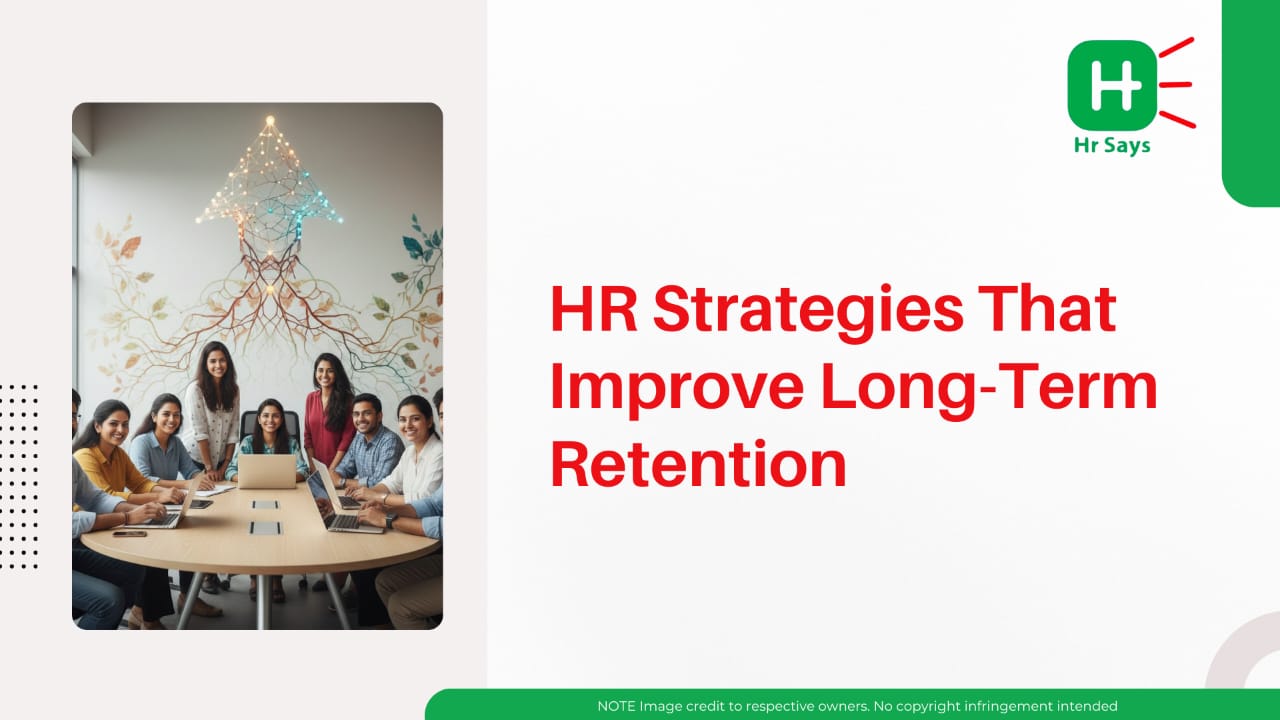
.jpeg)
.jpeg)
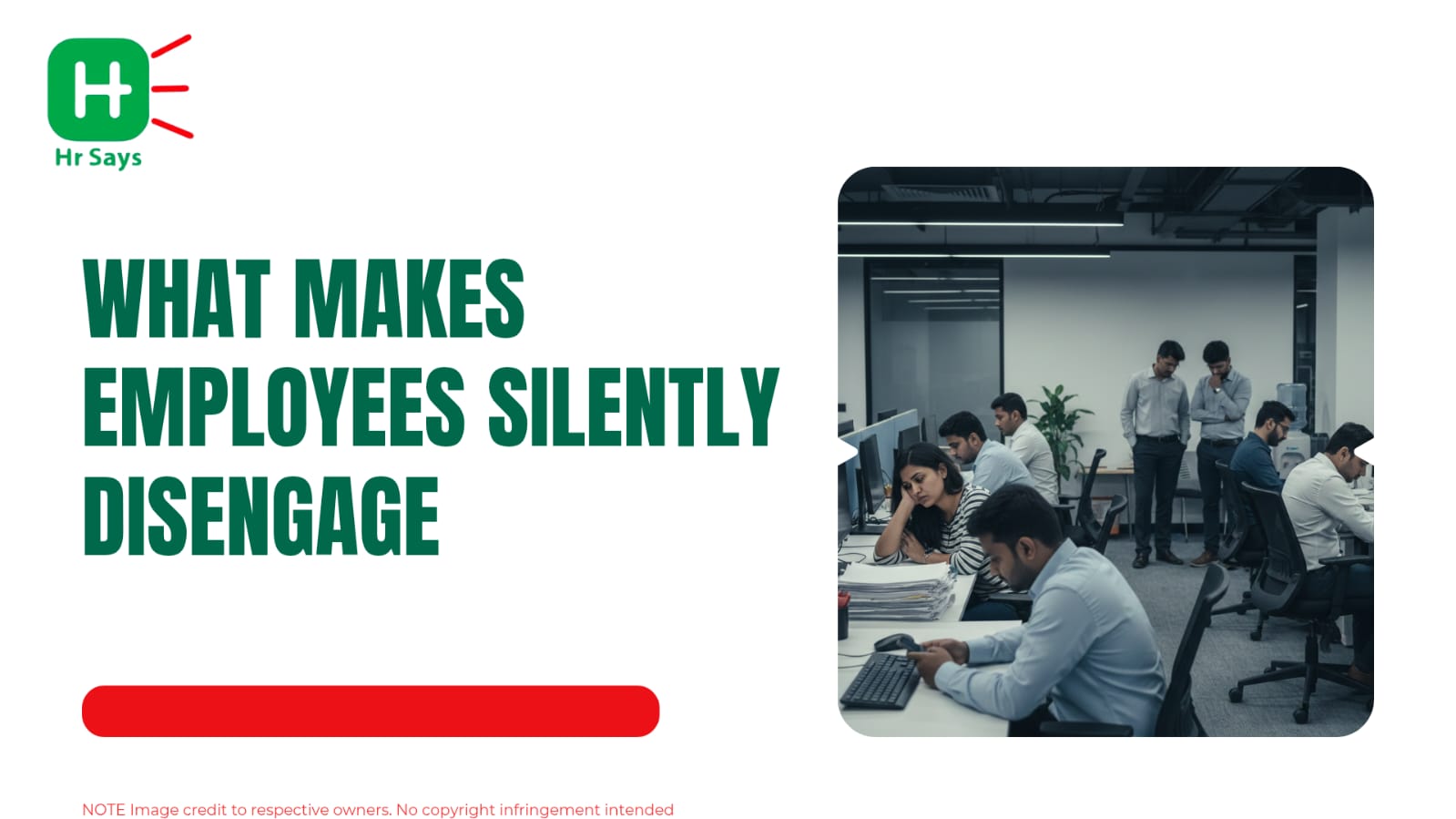
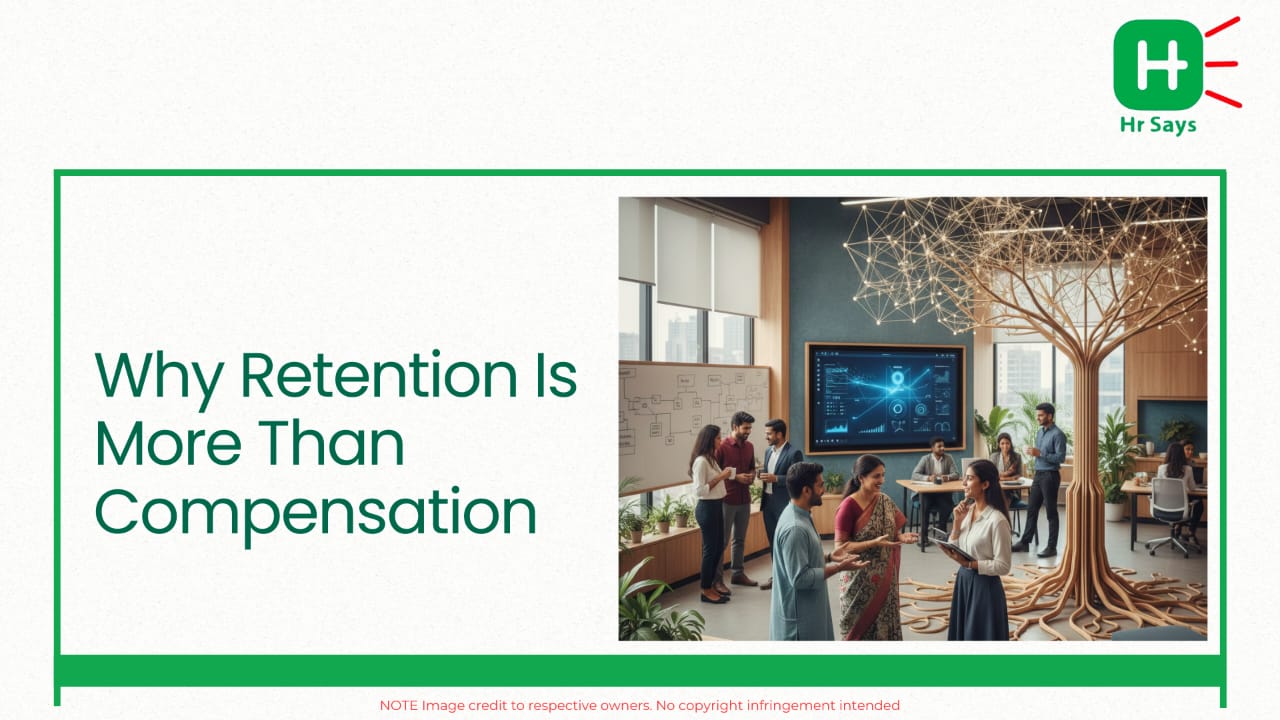

.jpeg)

.jpeg)

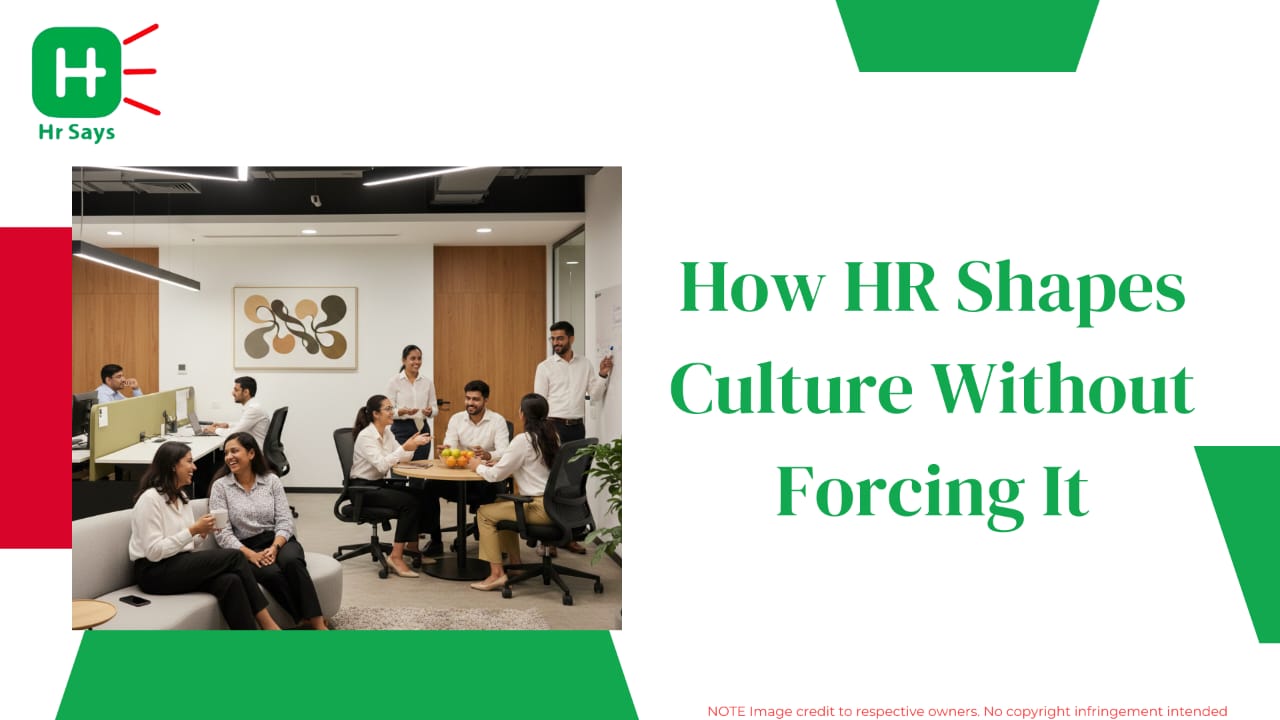
.jpeg)

.jpeg)

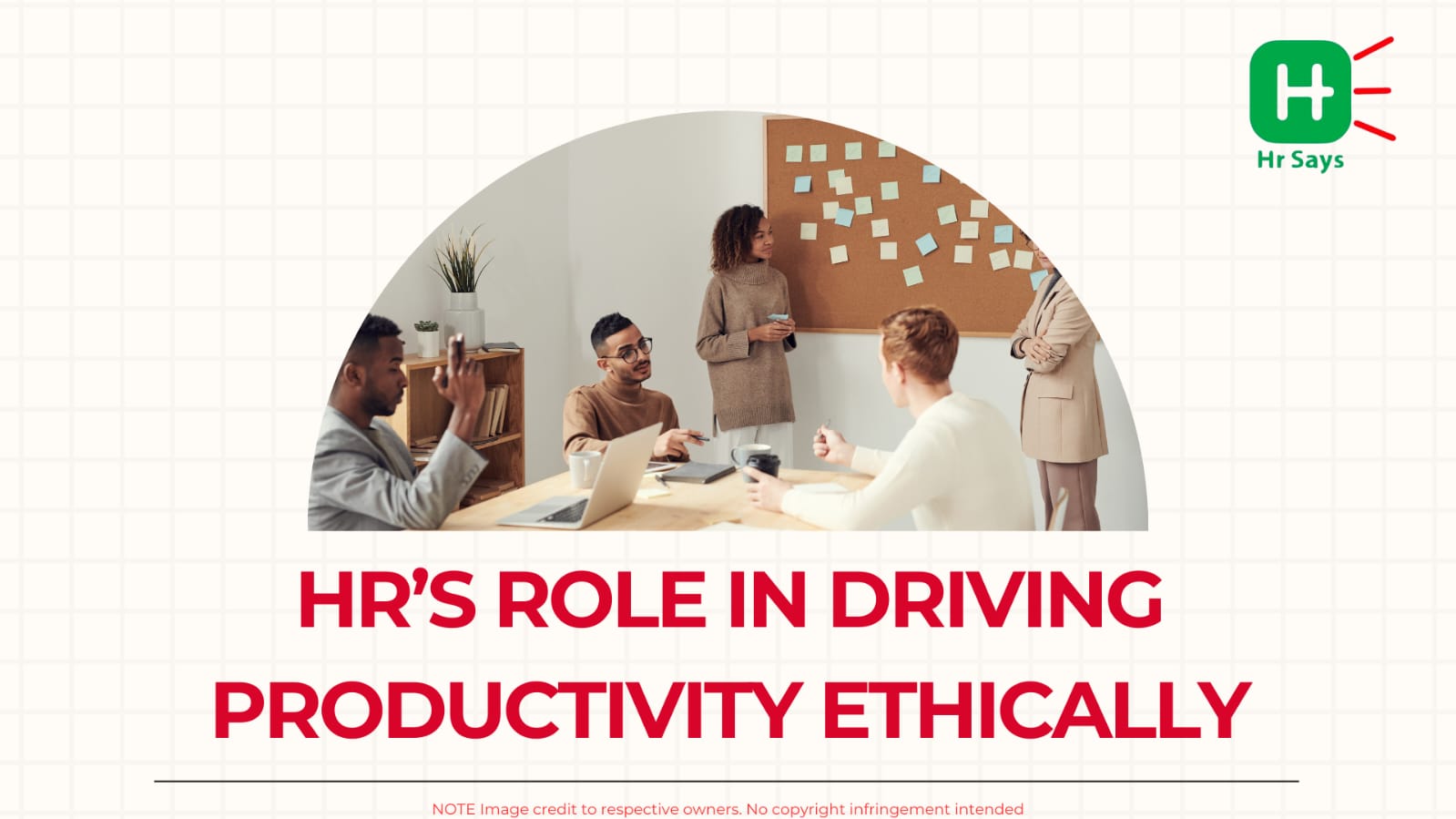
.jpeg)
.jpeg)